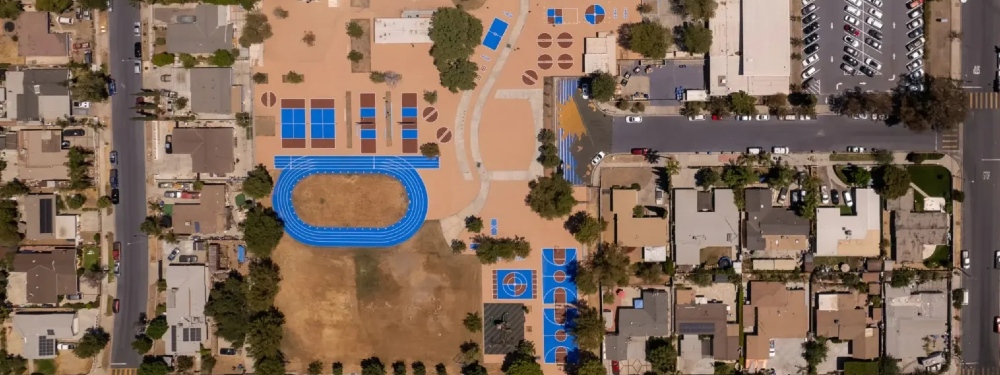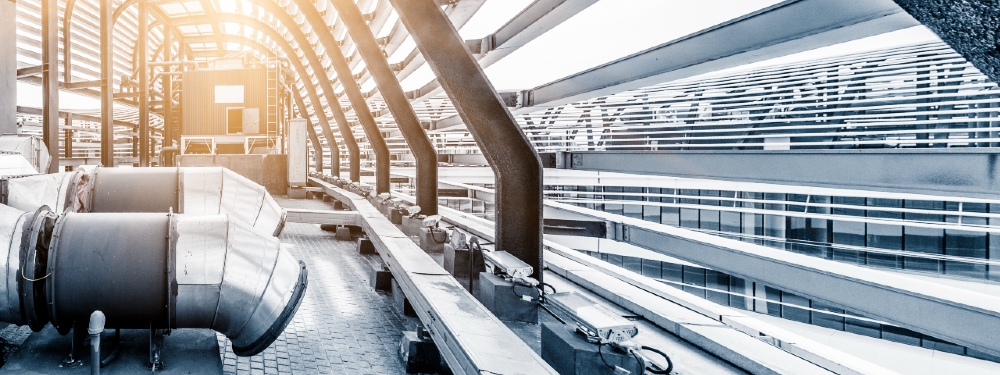Cooling Efficiency: Benefits, progress & opportunities.
Cooling is essential to health, prosperity, and sustainability, underpinning many of the Sustainable Development Goals. Yet most cooling is energy intensive and highly polluting. Demand for cooling is booming, so there is an urgent need to cut cooling related pollution. Without action, cooling could account for almost 20% of global greenhouse gas emissions by 2050.
Montreal Protocol
The 2016 Kigali Amendment to the Montreal Protocol could avoid up to 0.5°C of warming by phasing out F-gases used in cooling. Promoting the energy efficiency of cooling technology during the switch to climate-friendly refrigerants could double these benefits according to the Lawrence Berkeley Laboratory. The Montreal Protocol Technology and Economic Assessment Panel (TEAP) Working Group Report on Energy Efficiency highlights how to deliver these sustainable development benefits from cooling.
Kigali Cooling Efficiency Program
The Kigali Cooling Efficiency Program (K-CEP) envisages a world in which environmentally friendly, energy efficient cooling is accessible to all. K-CEP is designed to support countries, companies and communities in relation to the Kigali Amendment. K-CEP is deploying $52 million of philanthropic funds to strengthen institutions, support policy, enable technology, leverage finance and help make cooling accessible for all.
New projects and opportunities
Countries, companies and K-CEP partners have already identified opportunities to progress cooling efficiency across the world. This important yet modest contribution towards realizing the huge benefits of cooling efficiency is shown conceptually in Figure 1. Additional opportunities for cooling financing and access to cooling for all are being developed. K-CEP will share insights and lessons learnt to maximize program benefits as widely as possible.
Figure 1: K-CEP contribution to realizing the cooling efficiency opportunity to 2050

Opportunities for improving the efficiency of refrigeration and air conditioning
The Montreal Protocol TEAP report identified three main opportunities for improving the efficiency of refrigeration and air conditioning (RAC) equipment: technology; financial; and policy, regulatory and information. We have mapped these opportunities with early projects K-CEP is supporting in response to requests from countries and companies.
Figure 2: Areas of opportunity
K-CEP at the cross-roads of 21st Century global challenges
K-CEP sits at the cross-roads of the Montreal Protocol, the United Nations Framework Convention on Climate Change, and the Sustainable Development Goals. K-CEP focuses its support to developing countries on the energy efficiency of cooling to increase and accelerate the climate and development benefits of the Kigali Amendment to phase down hydrofluorocarbons. K-CEP focuses primarily on air-conditioning and refrigeration, however other cooling solutions such as building design, shading, cool roofs, and super-efficient fans are considered in our work on access to cooling.

Kigali Progress Tracker
In order to track progress against business-as-usual, and support the prioritization of cooling efficiency, the International Energy Agency is developing the Kigali Progress Tracker. The tracker will collect new data, and integrate it into a technology and policy database, that will generate insights into cooling emissions, markets and policies. The tracker will also enable K-CEP to monitor its impact. The tracker is part of the IEA’s new Global Exchange Hub for Energy Efficiency.
K-CEP partners
K-CEP works in partnership with UN agencies (UN Environment Programme, UNDP, UNIDO), the World Bank, the International Energy Agency, SE4All, and a growing coalition of NGOs, businesses, academia and civil society organizations around the world.



